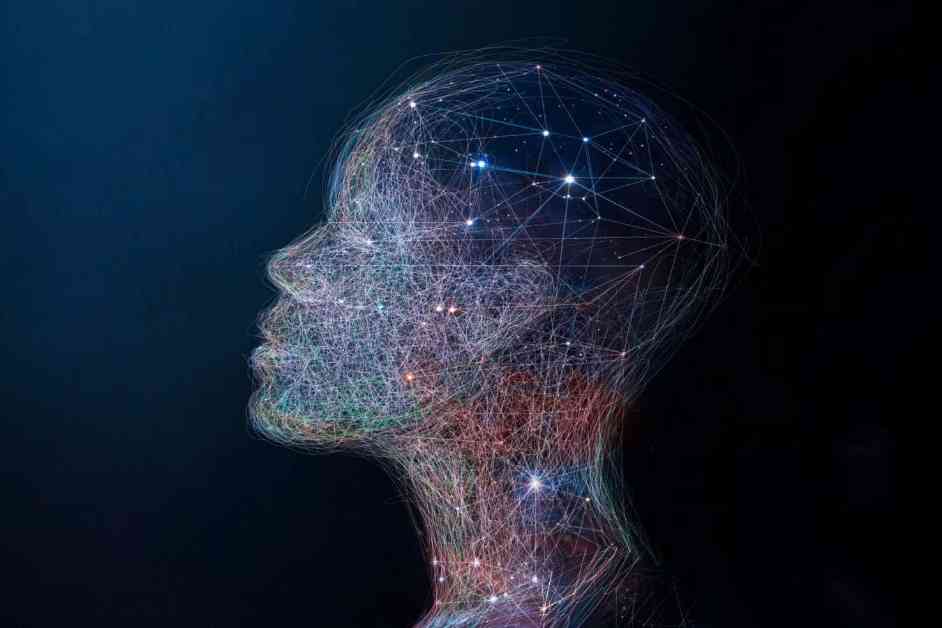Astrophysicist Franco Vazza and neurosurgeon Alberto Feletti made an interesting discovery when they compared the structure of the universe to the human brain. Vazza, from the University of Bologna, Italy, used statistical methods to analyze the neurons in the brain’s cortex and the cosmic web, which represents the distribution of matter in the universe. Despite the vast difference in size, the two structures showed a surprising level of similarity.
This revelation has led some physicists to consider the idea that the universe may possess some form of consciousness. This concept, rooted in the philosophy of panpsychism, suggests that the universe could “think” or be conscious in some way. This challenges traditional explanations of consciousness, which typically fall into either materialist or dualist perspectives.
Materialists believe that consciousness emerges from matter, while dualists argue for the existence of both material and immaterial aspects of consciousness. The similarities between the structure of the universe and the human brain raise intriguing questions about the nature of consciousness and the interconnectedness of the cosmos.
While the idea of a conscious universe may seem far-fetched, the parallels between the cosmic web and the neural networks in the brain are difficult to ignore. The implications of this research extend beyond the realm of astrophysics and neuroscience, touching on profound philosophical and existential questions about the nature of reality and our place within it.
As we continue to explore the mysteries of the universe and the complexities of the human brain, new insights may emerge that challenge our understanding of consciousness and the fabric of reality itself. The cosmic perspective offers a unique lens through which to view our existence and contemplate the interconnectedness of all things. Perhaps, in the vast expanse of the cosmos, we may find echoes of ourselves and the enigmatic nature of consciousness that binds us to the universe.






